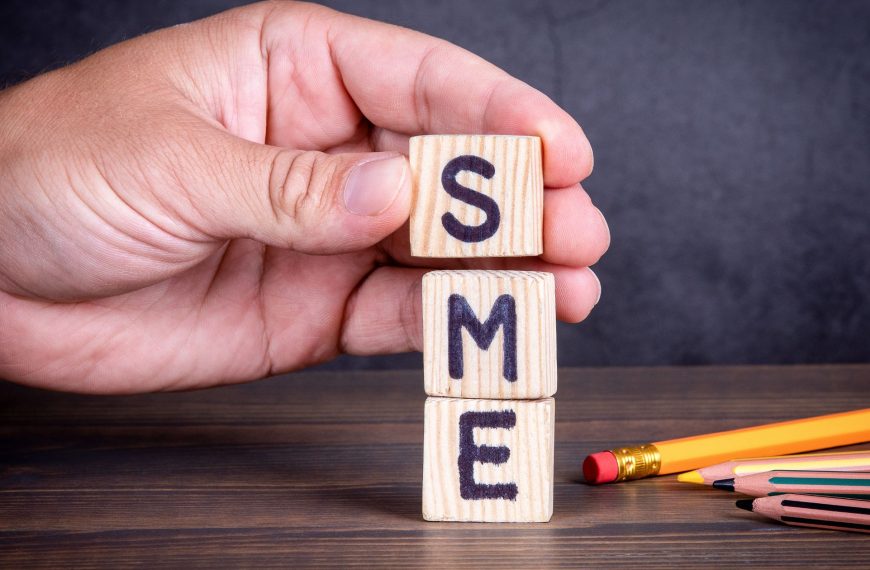The ongoing trade spat between the US and China—tariffs, counter-tariffs, threatened sanctions followed by no tariffs but only on certain things—has become the geopolitical equivalent of professional wrestling: loud, performative, and ultimately a distraction.
I said as much in The Pulse, asking the question: What does this mean for SMEs?
Shenanigans or not, SMEs and micro businesses that rely on international collaboration and international sales suffer.
However, in this context, the issue also becomes one of trust. In fact, beyond the headlines and bluster, there’s something far more corrosive at play: the slow decay of international trust, especially in the space where it matters most—innovation and intellectual property.
When politicians use trade policy as performance art, inventors are at risk of becoming collateral. The tariff “wars” don’t actually shift supply chains meaningfully in the short term. They don’t reverse globalisation.
What they do consistently is create uncertainty.
And for innovators—especially those trying to commercialise products across borders—that uncertainty kills momentum.
Worse, when world leaders aim at foreign competitors not by out-innovating them but by delegitimising their systems and stoking suspicion, they foster a climate of fear rather than collaboration.
The assumption becomes: “Your IP isn’t safe there. They’re just going to copy it.” Whether that’s true or not is almost beside the point. Perception drives action. And trust—already hard-won in global markets like China—is fragile.
China, to its credit, has been making real structural improvements in IP protection. Enforcement mechanisms are better.
Penalties for infringement are harsher.
Dedicated IP courts are functioning. But this progress gets lost in the noise every time another Western politician paints China as a den of piracy. Will the legalisation (or alleged so) of fakes make things more difficult?
UK inventors looking to commercialise in Asia are caught in this crossfire. They face a dilemma: do they engage with a massive, growing consumer market like China, or do they retreat out of fear—justified or not—that their ideas will be stolen? It’s not just about the legal framework anymore; it’s about trust in the system, in the intent behind it, and the rule of law.
And here’s the kicker: the very governments sounding the alarm bells are often the ones doing the least to help their innovators navigate foreign IP landscapes. Filing an international patent? Expensive.
Understanding Chinese trademark law? Complicated. Getting enforcement help when something does go wrong? Good luck. The support gap is real.
That’s why UK-based inventors and startups need to be proactive, not just reactive.
A good starting point is the UK IPO’s guidance on protecting IP abroad. We have talked about it on multiple occasions, and we have compiled and continuously update our report IP Law: Global Overview

And if you’re in that early stage of developing or scaling an idea, don’t wait.
Get in touch if you need to be introduced to someone who knows the international IP landscape.
If you’d rather do it yourself with no support, don’t.
Get advice before you go global, not after something goes wrong.
So, let’s be clear.
The problem isn’t tariffs. The problem is the political theatre that turns inventors into pawns. The problem is a culture where trust, not treaties, is what truly governs the fate of your IP overseas.
Unless that changes, we’re not just risking lost revenue—we’re risking a world where only the biggest, most connected players dare to innovate globally.
Inventors need tools.
They need clarity. And most of all, they need stability. Because without trust, even the best ideas stay in the drawer.




